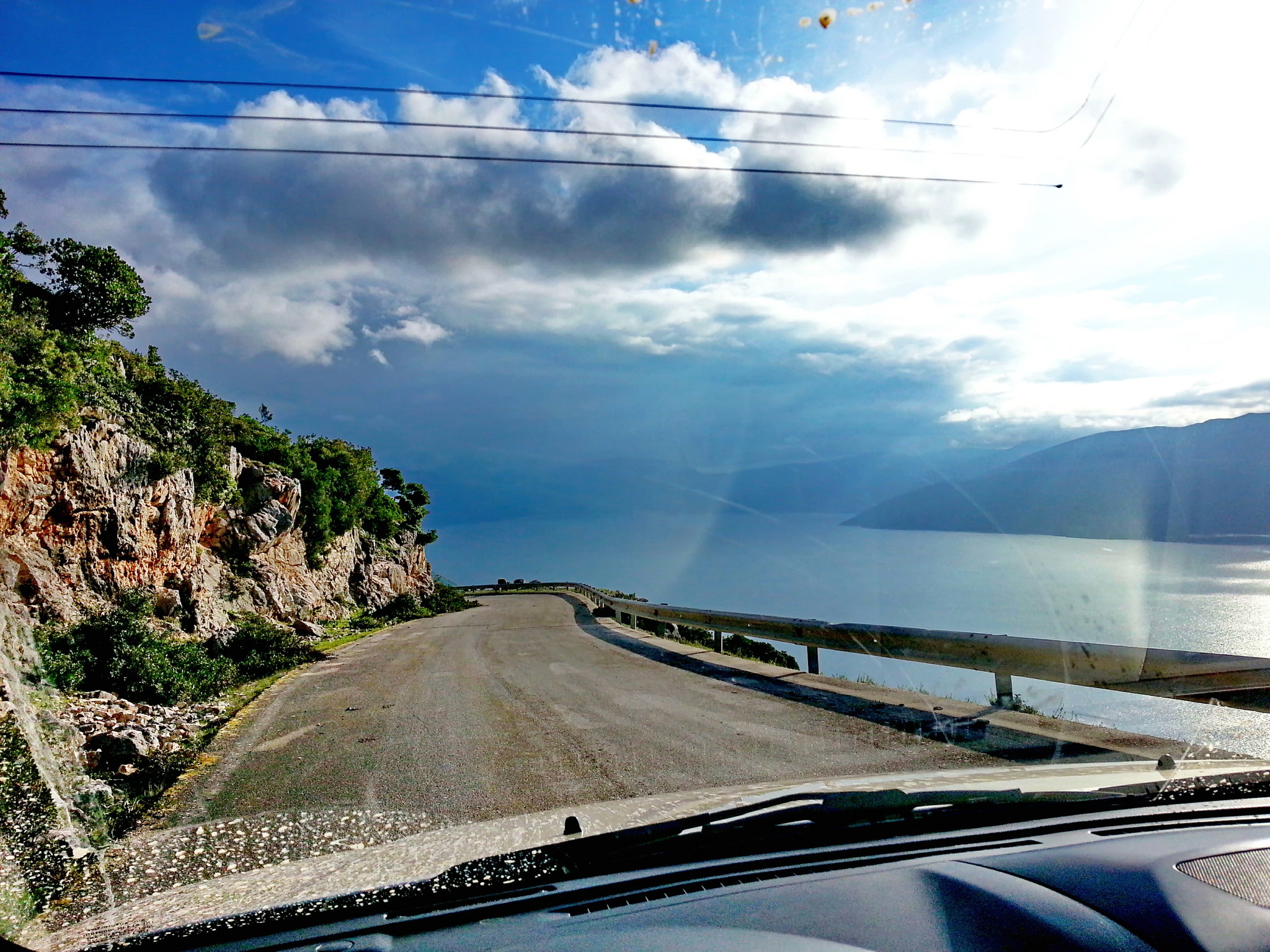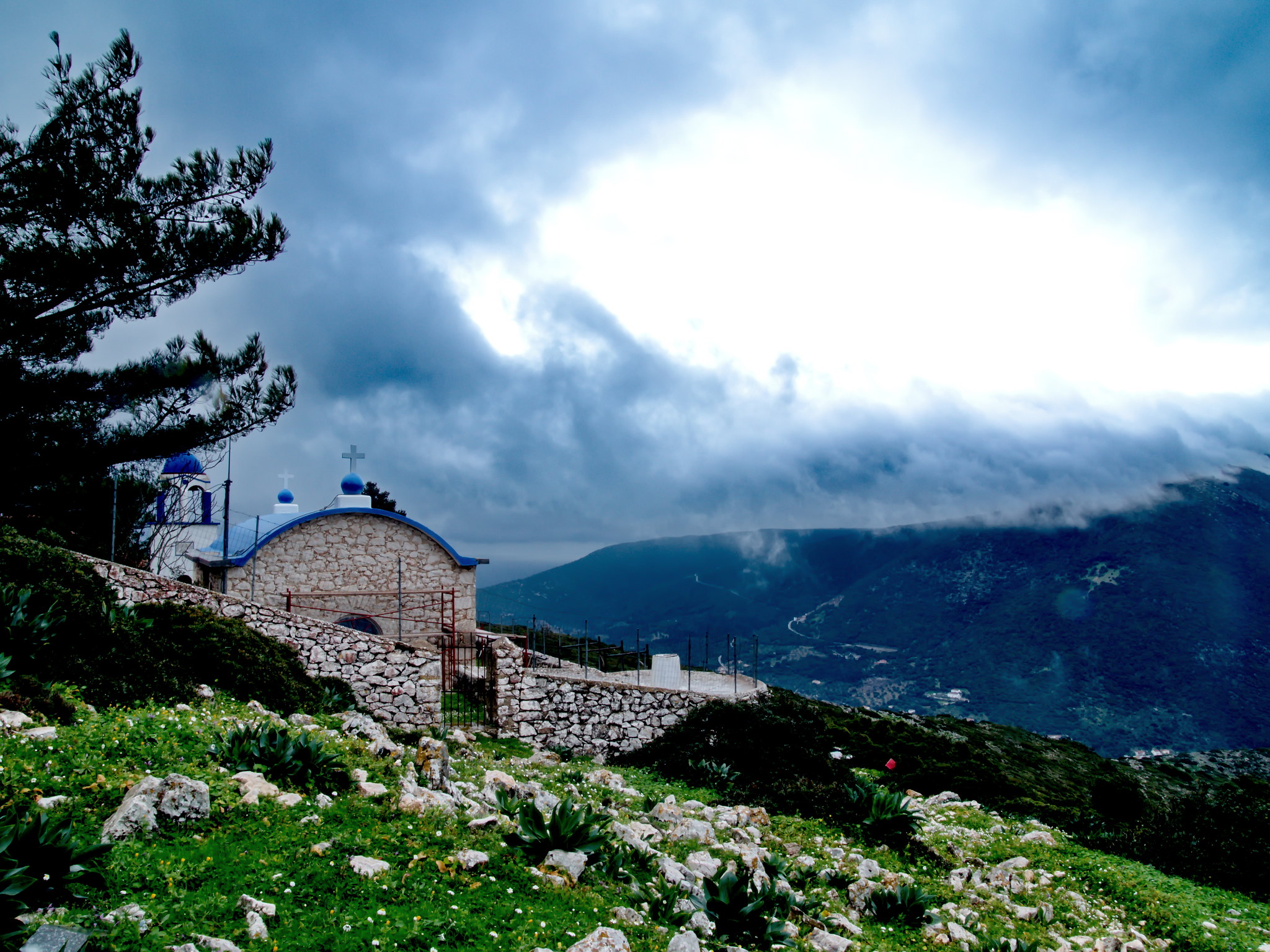Watch Out: How Things To Do In Ithaca Is Taking Over And What To Do About It
The Odyssey is a tale of Bronze Age Greece as seen from the eyes of the Dark Age author Homer. From historical sources we see the Bronze Age cities as certainly run by some kind of effective hierarchy that can direct the efforts of its residents and gather both taxes and resources, but what we see in the Odyssey is a collection of village chieftains forming a confederation of nobles. Regardless of the grandeur of their palaces, and their god-like tasks of heroism, in all methods they represent a gilded version of the Homeric chieftain who leads with the approval of the area in which he resides in an attempt to sustain and supply prosperity for his people.

Broadly specified the function of a king in Homeric society is to protect and offer individuals of his area. In addition to holding a substantial estate from which one can yield much animals and farming crop, this was a time where piracy was a regular occurrence from which one might get terrific wealth and in turn would need to protect ones self and ones town against. Whenever a stranger appears in the Odyssey he is often first asked his moms and dads names, from where he comes, and if he is a raider. For example, when Telemachus gets here in Pylos he is asked this concern and takes no offense however addresses it straight (Odyssey. P. 27 b. 3), and we also see Odysseus throughout his informing of his journey because Troy to the Phaecians and without hesitation he explains the sacking of a city purely for the factor of loot. This is the primary function of the Homeric king, though also he is to serve as the administrative head of the community, fulfilling any obligations such involved in preserving the general public order.

Something that needs to be understood about kings in the legendary poems is that Homer things to do in ithaca is discussing kings of a various age where there existed big cities, multi-acre palaces, and actual kingdoms deserving of the name, while utilizing the governmental and social structure of his own Dark Age, which imply that towns were the biggest settlements, there were no palaces, and the most effective man in Greece would just be another chieftain. Without a considerable population to draw on for material resources and labor it is merely not possible to establish and support a palace run hierarchical federal government, and significantly limits the possible power one might have as a 'king'. A king might have the biggest plot of land, a slightly larger house, and more cattle, but without some kind of stockpiled resource wealth, and military power the king is left judgment by the authority of his individuals.
Therefore, Homeric kings were not all effective and we find lots of examples of this in Homeric impressives where we can see that a Homeric king is unable to command another male who is not his residential or commercial property. The only real bonds we see are those, which are developed by family ties, and honor based relationships. In the Odyssey we see Agamemnon, who was viewed as a king of higher status than the rest, speak of how tough it was to convince Odysseus to come with him to Troy (Odyssey 296.24), and throughout the real battle at Troy we see Agamemnon act unreasonably towards Achilles at which point Achilles chooses he will not take Agamemnon's orders anymore and refuses to fight (Iliad 13-17.1).

The Homeric king is typically the son of the previous king, but does not follow a genetic line by necessity. A son will inherit his fathers material resources which in itself provides him substantial impact and capability to mount attacks ithaca in greece on other settlements and defend his own. In ancient Greece ones status was most easily judged by the quantity of wealth one had, because wealth was gained by being able to marshal the funds and assistance to stage raids and loot other villages, and will have the resources to safeguard his own town, and feed the warriors he uses for these actions.
In addition to this material wealth a boy also acquires the relationships and bonds of his father. These relationships insures him a support base of allies that might be willing to provide him resources ought to he try to collect a raid on another village, such as the attack on Troy which collects forces from all over Greece consisting of Nestor at Pylos, and Odysseus from Ithaca, or aid in the defense of his own holdings. Needs to a new king be found doing not have and incapable of sustaining and defending his village, he will be changed by another more fitting person. In the Odyssey Telemachus is to be the next king of Ithaca with the lack of his dad and the suitors believe that they will change him rather until he proves his ability as a leader when he makes an expedition to Pylos and Sparta. By effectively completing this exploration he is believed well of by those of Ithaca, and with the acquired wealth of his dad Odysseus, and the inherited relationships with Nestor of Pylos, Menelaus of Sparta, and numerous others in Ithaca (Odyssey 27.2, 39.4) he remains in a position to become and stay king. Without these ithaca greece connections, however, a ruler is significantly deteriorated for he has no support and diminished resources to satisfy his role. Most of the Odyssey is based on Telemachus' inability to repel the wicked suitors who are laying destroy to his estates, and certainly to Ithaca itself, due to his lack of offered supporting allies (Odyssey 42.4).
Even with the support of others a Homeric king is not the only voice of authority in an area. There is often a council of nobles and senior citizens, which the king might present ideas to and request approval or assistance on, which they may reject. When Telemachus assembles the council of Ithaca and presents his speech he is primarily yelled at and denied (Odyssey 15-20.2), while Alcinos, king of the Phaecians, makes on a number of celebrations a request of his nobles and elders and they follow it instantly (Odyssey 159.13). Even among those who are not nobles a king should give in to the voice of the many, such as we see by Odysseus when he advises his men to remain on board the ship rather of making for land one night to cook and he acknowledges that he is one, and they are numerous, and he can not refuse them (Odyssey 154.12).